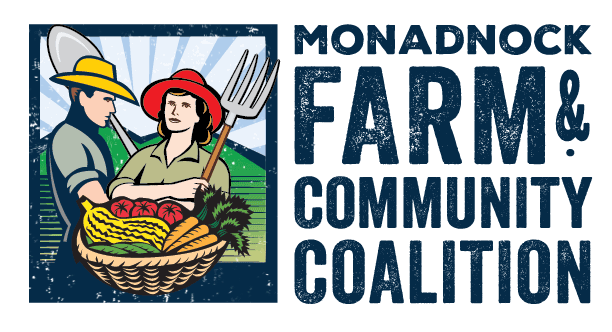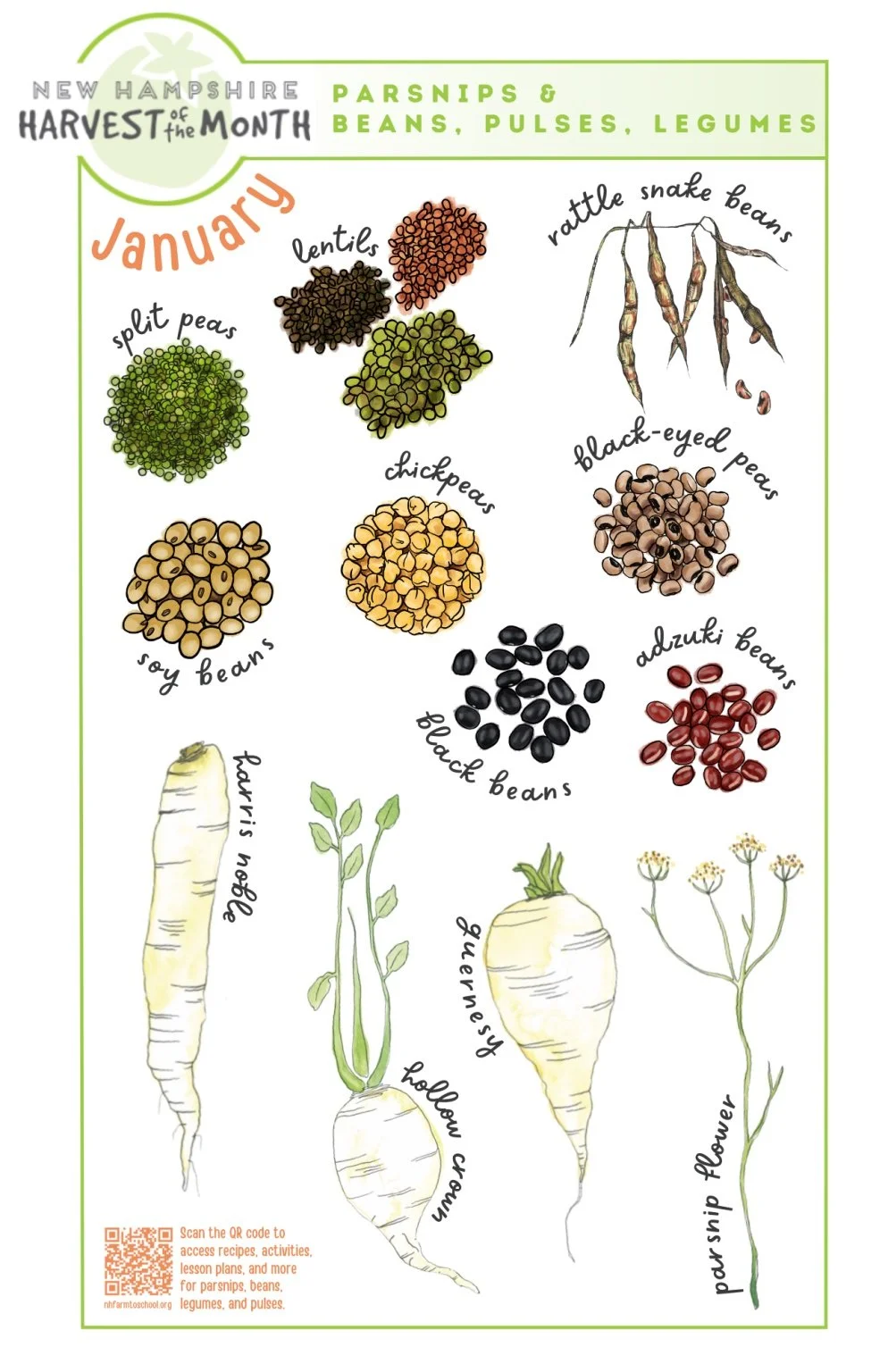Sept 2016 - "Agricultural Policy and its Effect on Dairy Producers"
/“New Hampshire has lost 16 percent of its dairy farms in the last months” according to a blog published by the Concord Monitor (Ag & Eats, 8/30/16). Prolonged low milk prices coupled with the drought have made for tough times for many dairy farmers. Others struggle to survive amidst the competition with baby kale and heirloom tomatoes.
MFCC, in a discussion with NH Commissioner of Agriculture, Markets & Food, Lorraine Merrill, a dairy farmer, unpacked the issues affecting different types of dairy production and what the public can do to help. Joining Commissioner Merrill in the conversation were local dairy farmers, Stuart Adams of Windyhurst Farm, Melissa Benedikt of Benedikt Dairy and Beth Hodge of Echo Farm Pudding.
Why care about dairy farms? According to Commissioner Merrill, dairy farms are the “economic engines” of local farming. Dairy farms make about a third of the products New Hampshire residents consume. As the demand for locally produced food has increased, the loss of dairy farms is “one of the great ironies”, according to Merrill. “The irony being milk and dairy products…produces a significant portion of its populations needs. There’s nothing else that can compare to that except maple syrup, and that’s not a food group.”
In addition to bolstering local economies, dairy farms preserve New Hampshire’s rich agricultural history and protect open space. "Dairy farms - they have roots,” Merrill continues. "People are very committed to the land and their communities and have traditionally been big contributors to rural life in New Hampshire."
The forum opened with a brief historical overview of dairy farms in New Hampshire followed by two, 45-minute sessions exploring issues of pricing, myths, marketing and competing in the local food movement. Keene Agricultural Commissioner and MFCC Chair, Mark Florenz, moderated the discussion.


